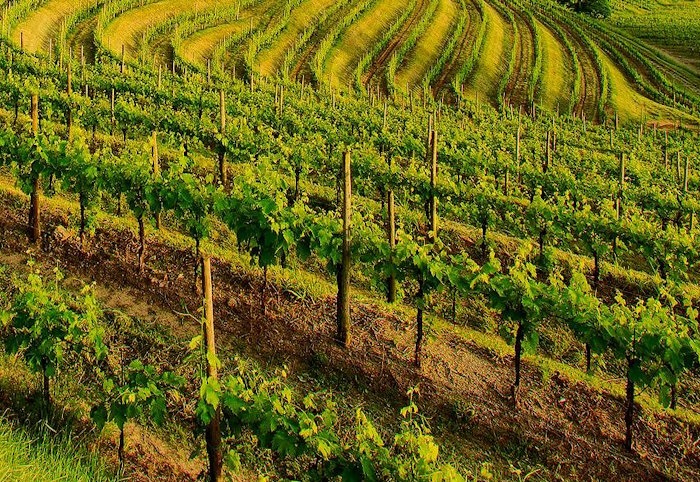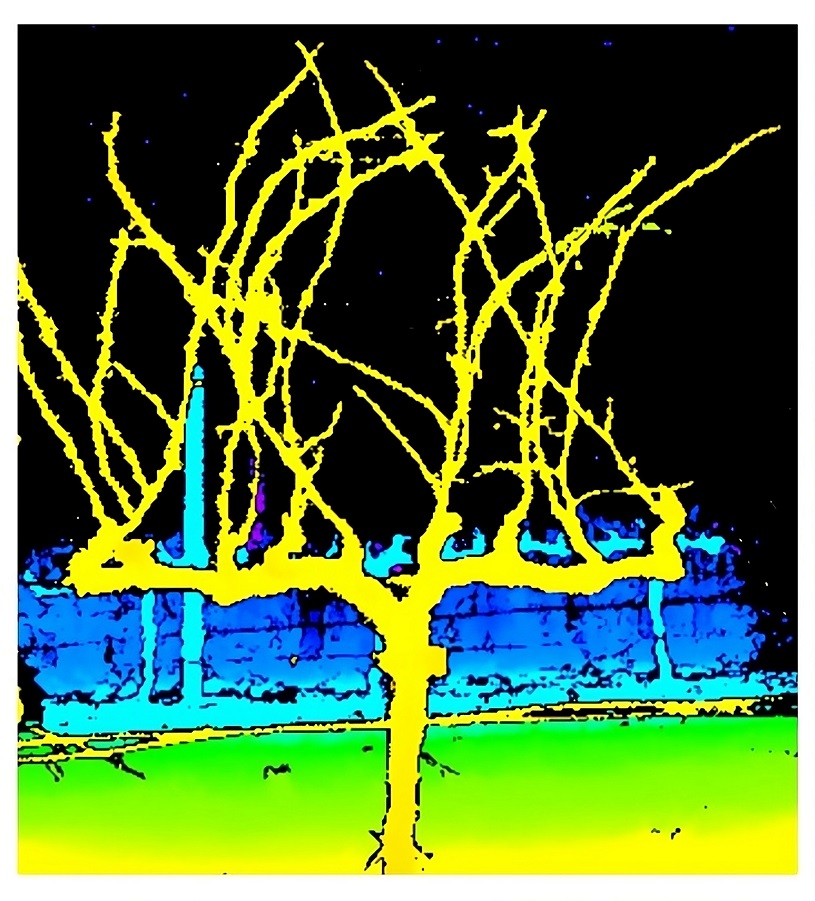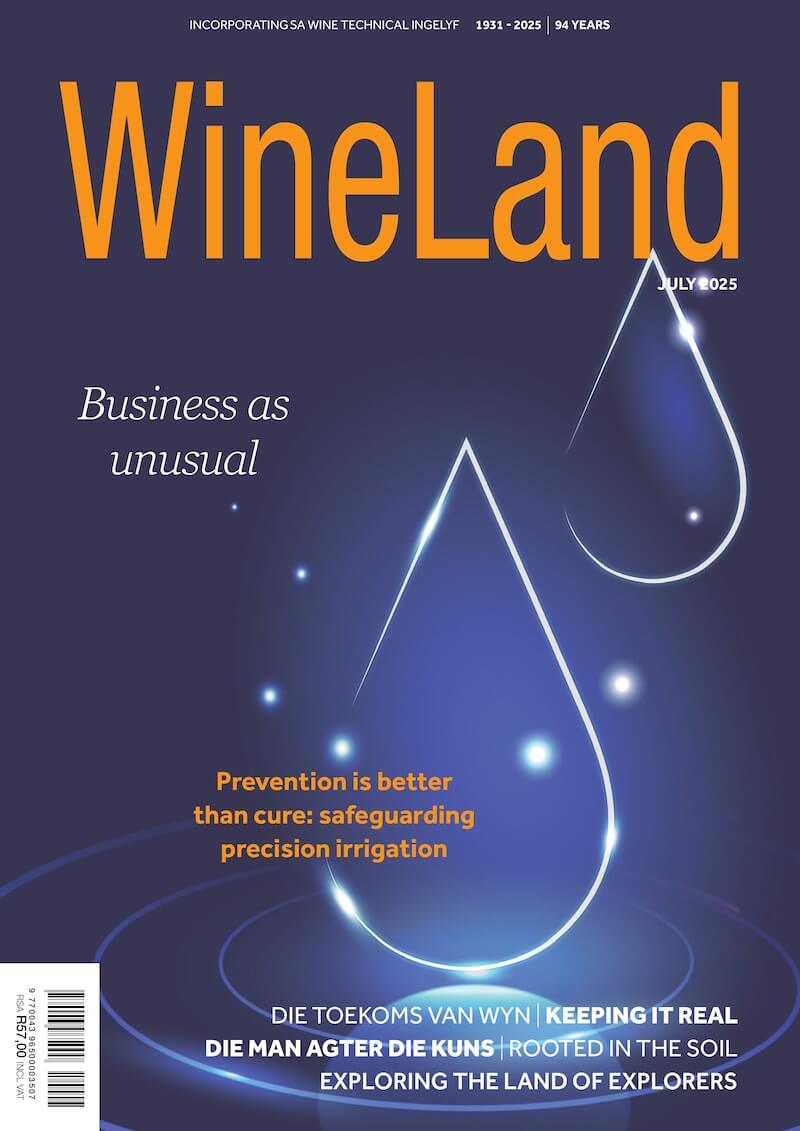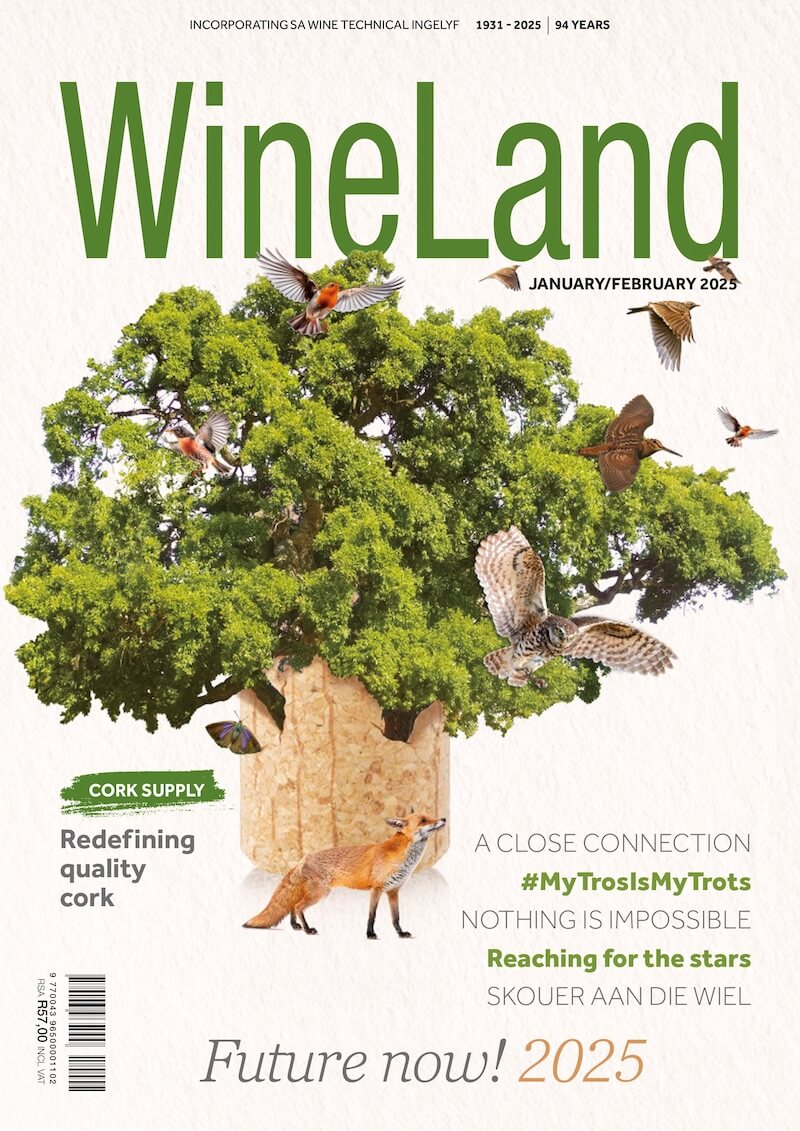Viticulture research
Organic soil amendments, biostimulants and biological control agents This article is based on a recently published scientific review article. In the review article, the question was: ‘What science exists to support the efficacy of practices used in regenerative...
Abstract A study was conducted to assess the effect of simulated rainfall on six soils with different textures irrigated with winery wastewater (WWW) diluted to a chemical oxygen demand (COD) level of 3 000 mg/L over one simulated irrigation season. Thereafter,...
Abstract Although the effects of winery wastewater (WWW) on soil chemical properties have been the focus of some research, little is known about the effect of WWW on soil enzyme activity. Therefore, soils from four potential vineyard areas were irrigated, in pots,...
Understanding Confronting Climate Change Confronting Climate Change (CCC) is a carbon footprinting initiative that was developed to support the agricultural sector, specifically agri-businesses. The initiative was conceptualised in 2008 and has developed exponentially...
The importance of canopy structure and vigour assessment The ability to accurately and efficiently assess canopy structure and vine vigour is essential for winegrowers aiming to optimise vineyard management. For instance, monitoring intra-block variability in canopy...
Abstract Due to environmental legislation, the wine industry requires solutions for wastewater treatment or its reuse. The feasibility of reusing diluted winery wastewater (WWW) was assessed in a pot experiment under a rain shelter over four simulated irrigation...
Abstract Due to environmental legislation, the South African wine industry needs solutions for wastewater treatment, or use thereof. The feasibility of using diluted winery wastewater (WWW) was assessed in a pot experiment under a rain shelter over four simulated...
Introduction Grapevines are hosts to various plant-parasitic nematodes that cause reduced vigour and yield. These nematodes feed on grapevine roots and cause malformations or necrosis. This leads to the destruction of physiologically active roots and an overall...
Abstract The objective of the study was to design and evaluate a pot experiment to determine the effects of irrigation with diluted winery wastewater (WWW) on different soils. Four pedogenetically different soils were included in the experiment, i.e. (i) alluvial sand...
By Zukhanye Fondile, Tracey-Lee Johannes, Relebohile Mabaleka, Zinhle Msiza, Imi Mxabo, Ziphozinhle Nkosi, Neo Segopolo, Ezile Zitha & Anton Nel In the second part of the Terroir series, we continue to examine the influence climate has on terroir. We will also...
Abstract Most wineries in South Africa dispose their winery wastewater (WWW) through land application, but this results in the accumulation of soil potassium (K+) and sodium (Na+). This accumulation can affect soil structural stability and hydraulic conductivity....
By Zukhanye Fondile, Tracey-Lee Johannes, Relebohile Mabaleka, Zinhle Msiza, Imi Mxabo, Ziphozinhle Nkosi, Neo Segopolo, Ezile Zitha & Anton Nel In the first part of the Terroir series, we explain the concept of terroir. Then, we will look at the different...




















